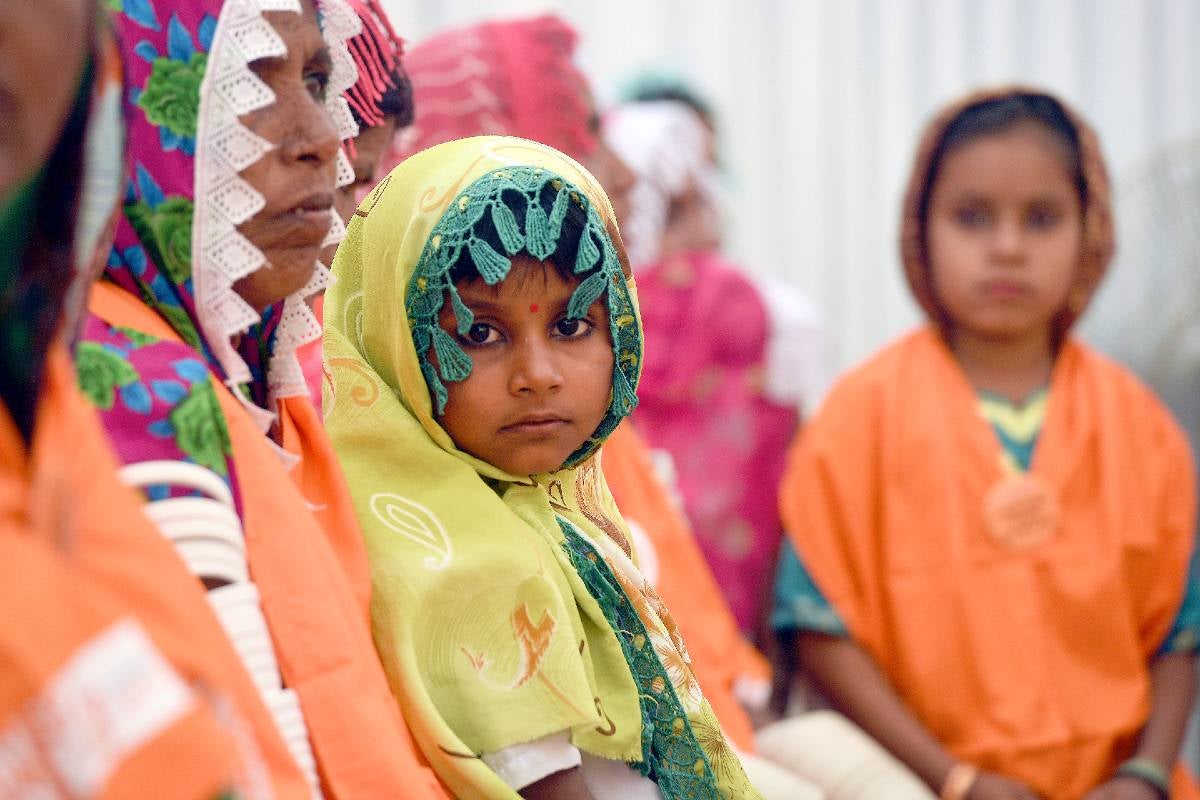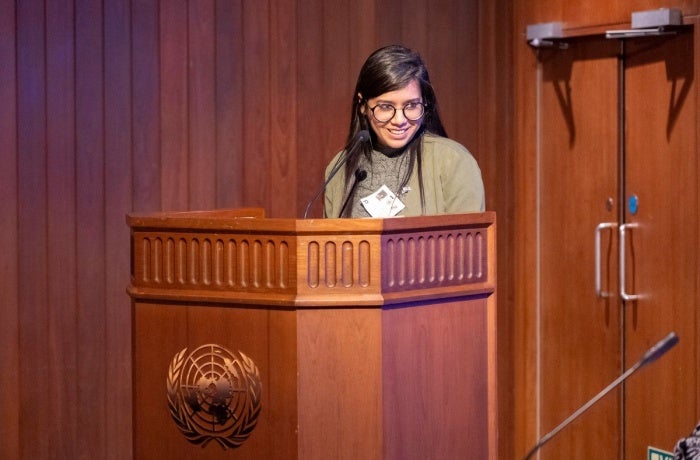Pakistan midwife training programme addresses maternal mortality
In Pakistan, 154 women die for every 100,000 live births—a high maternal mortality rate shaped by socio-economic status, barriers to healthcare access in rural areas, and limited decision-making power, especially among young women.
Evidence indicates that midwives can play a critical role in helping reduce maternal and neonatal mortality. They can also strengthen the provision of sexual and reproductive health and rights services more broadly, and there is a clear need to invest in their education, training, regulation, and working environments.

As early as 2006, the Government of Pakistan introduced community midwives to support maternal care in villages. Given that the country has only 0.72 midwives for every 10,000 people, the path to improving skilled birth attendance is challenging.
The Government of Pakistan’s Health Services Academy in the Ministry of National Health Services Regulations and Coordination has committed—through the Generation Equality Action Coalition on Bodily Autonomy and Sexual and Reproductive Health and Rights—to introducing a four-year graduation programme in midwifery. For the first time, reproductive health and the promotion of self-care interventions have been integrated into the midwifery curriculum.
Through the Health Services Academy’s effort, and with the support of partners including UNFPA, WHO, the Midwifery Association of Pakistan, and the Pakistan Nursing and Midwifery Council, Pakistan developed the National Midwifery Strategic Framework (informed by the Forum for Safe Motherhood, a White Ribbon Alliance Pakistan Chapter) under its nationwide campaign, “Midwives’ Voices, Midwives’ Demands”.
The campaign captured midwives’ calls for improving higher education, mapping out career pathways, and strengthening regulations and formal professional associations.
Those partners are working towards launching a Bachelor of Science (BSc) Midwifery programme, aiming to add 1,500 midwifery professionals in the country. The Health Services Academy has worked with the University of Burnet, Australia, to create a comprehensive faculty development plan. The programme will help support the recognition of these midwives by the Pakistan Nursing and Midwifery Council.
“By training midwives according to international standards, we will reduce health workforce shortages”, said Dr. Shahzad Ali Khan, Vice Chancellor of the Health Services Academy.
Despite the benefits to maternal health, as well as other sexual and reproductive health and rights services provided by midwives, barriers remain in ensuring the profession is recognized.
“When BSc Nursing was introduced in Pakistan, it took a lot of effort and years for people to acknowledge it as a viable career choice, and I think it will be the same for BSc Midwifery”, said Nousheen Nazir, a midwifery graduate and future master-trainer for the Midwifery Faculty. “Many of our healthcare professionals still don't accept that a midwife can work within a hospital setup."
Still, the introduction and scale-up of the BSc Midwifery program is a milestone, both for Pakistan’s progress towards achieving Target 3.1 of the Sustainable Development Goals (reducing the global maternal mortality ratio) and for advancing the Ministry of National Health Services Regulations and Coordination’s commitment to Generation Equality.









